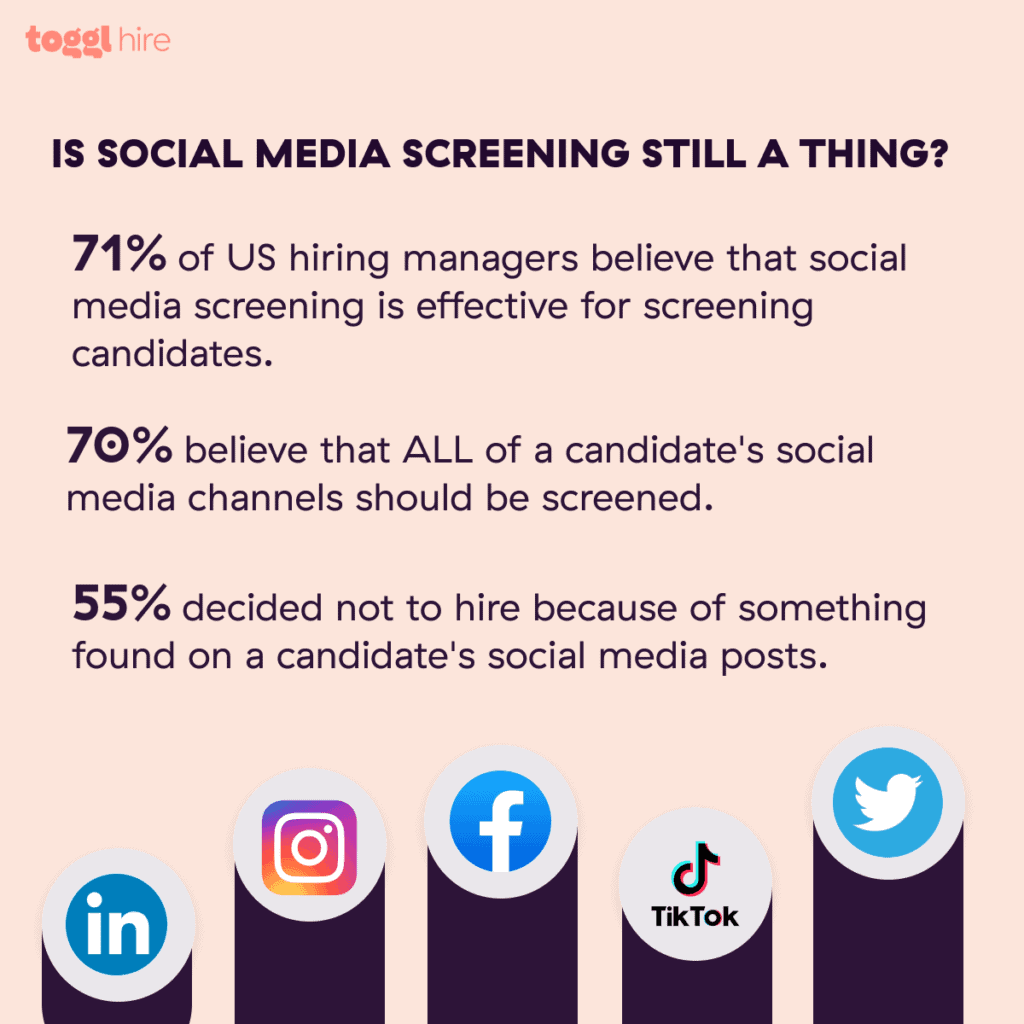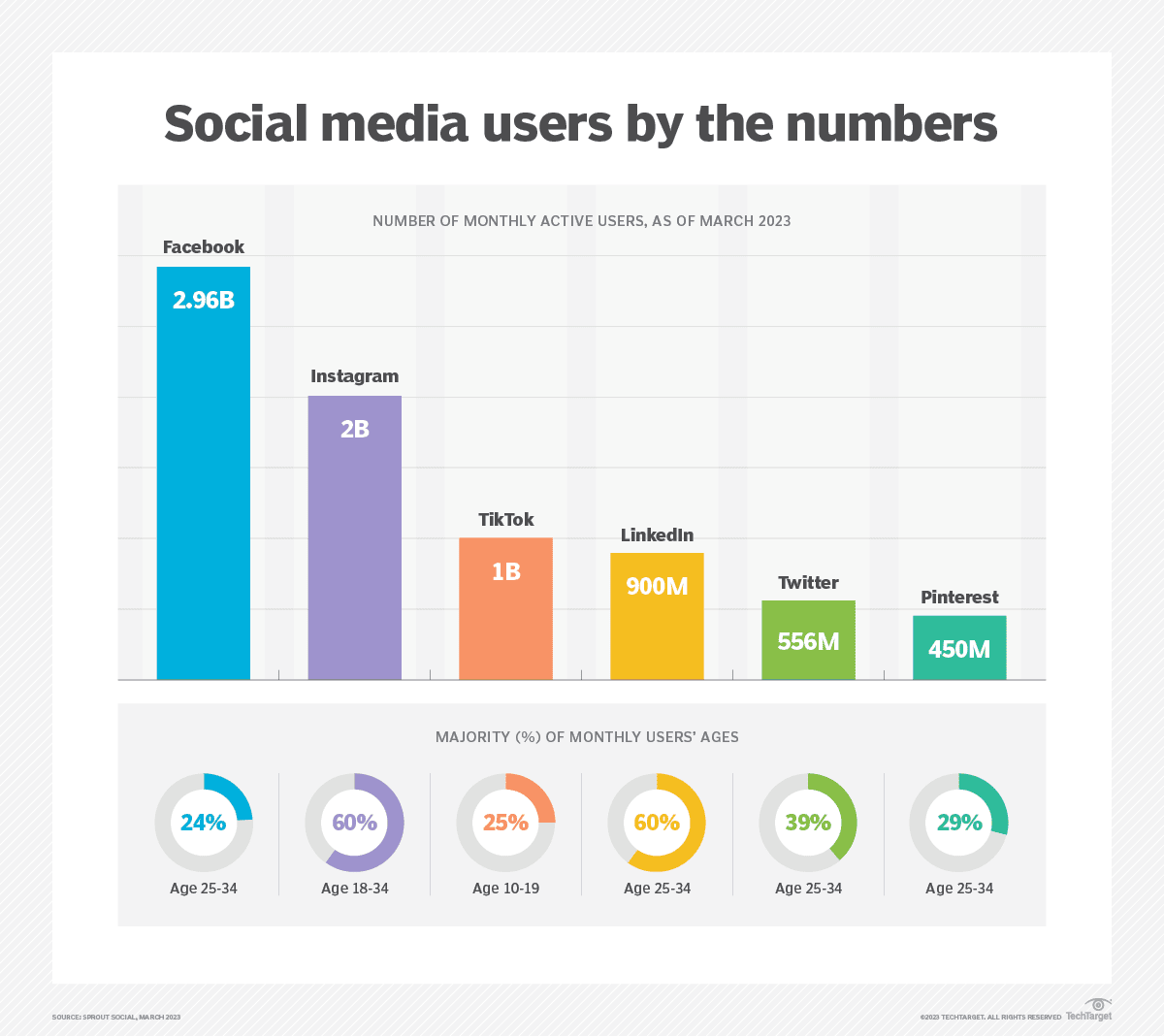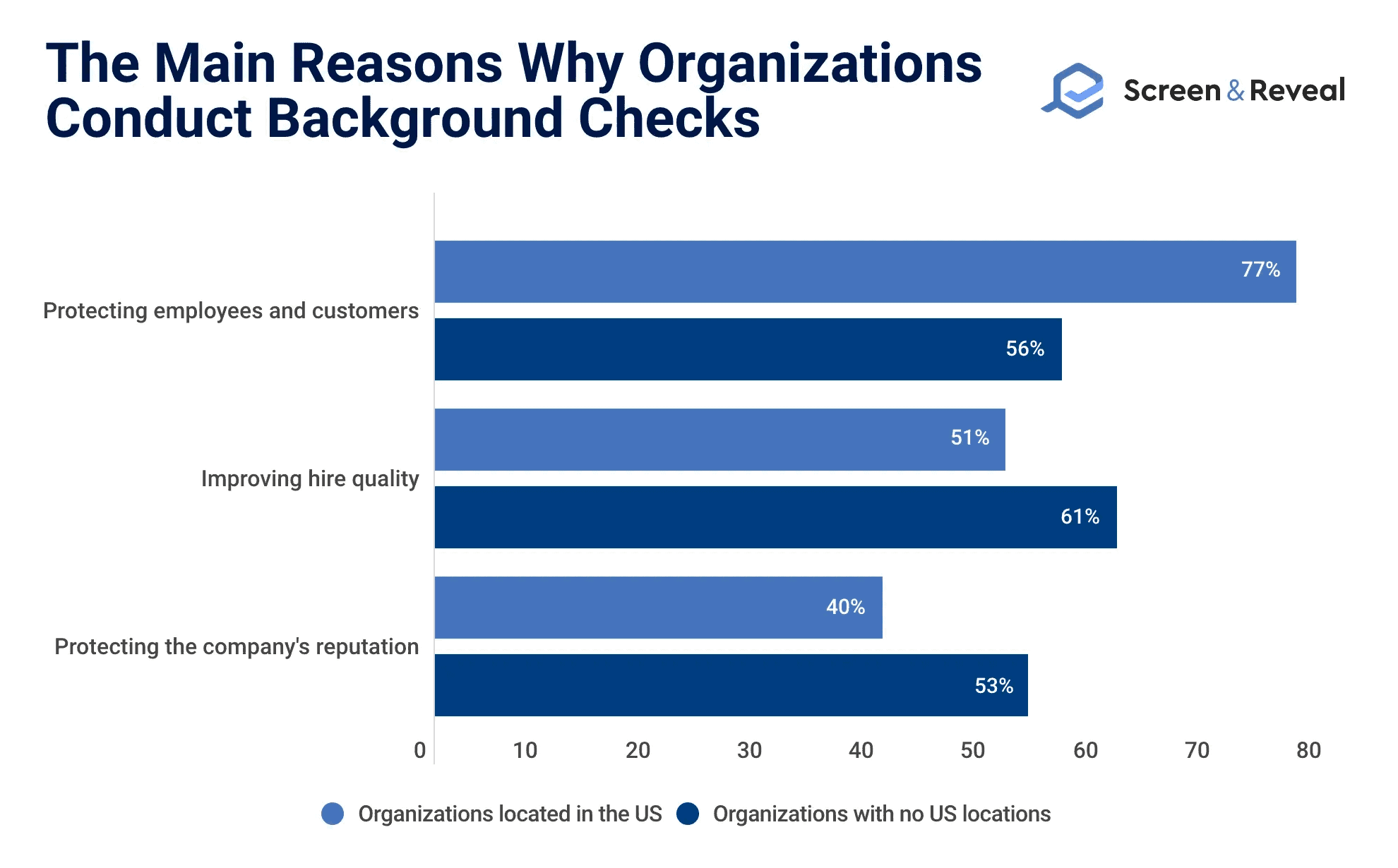Social media background checks have always been a common practice in recruitment. In recent years, however, discussions of data protection and privacy have dominated public discourse. These discussions have posed interesting questions regarding social media background checks. Now, it’s more important than ever to conduct checks in a respectful, transparent way.

Free-to-use image from Pexels.com
Done right, a social media check can improve your understanding of an applicant. However, it’s essential to tread carefully. You need to be sure ethical and legal standards are upheld.
In this guide, we’ll explore what a social media background check entails, why you might conduct one, and how to do it correctly.
What Is a Social Media Background Check?
A social media background check is when employers assess a candidate’s online presence as part of the interview process. It involves checking their profiles, posts, and interactions on social media. It helps gauge their character, values, and suitability for a particular role.
These checks are becoming increasingly common in the hiring process and the college recruitment strategy of many companies. They provide employers with a more holistic view of potential employees.
Why you might conduct a social media background check
There are a number of social media monitoring benefits such as gaining valuable insights into a candidate’s behavior, qualifications, and cultural fit. It can help you make more informed decisions and ensure a better match between candidates and your organization.
- Professionalism. – An applicant’s online presence can reveal advantageous attributes for a role. LinkedIn and personal blogs or websites are particularly useful for this.
- Red Flags. – A social media background check can uncover potential red flags, too. Employers could find inappropriate content, discriminatory behavior, or indications of dishonesty. They may, for instance, discover incidents of the candidate badmouthing their prior employer.
- Cultural Fit. – Employers want to ensure a candidate aligns with the company culture. Scanning social media profiles can provide valuable insights into their personal values, interests, and beliefs. It’s also a part of diverse sourcing efforts, which aim to attract and hire talent from a broad range of backgrounds and experiences.
Social Media Background Check FAQs

Screenshot taken from toggl.com
Are Social Media Background Checks Legal?
Social media background checks are, as a rule, legal. Legality varies by location and circumstances, though. So, it’s crucial to independently check regulations for your company.
In most places, it’s legal to view publicly available information on social media. However, it’s essential to know and follow laws governing consent, discrimination, and hiring decisions.
Always consult with legal experts to ensure you’re following the appropriate regulations.
What if a Candidate Refuses To Consent to a Social Media Background Check?
If a candidate declines to provide consent for a check, you should respect their decision.
It’s crucial to make hiring decisions based on the information you have with consent. This includes what’s shared in the application, interviews, and references. You can express the importance of the check with the candidate to address their concerns. Forcing the issue, however, is ethically dicey.
How Do I Ensure the Information I Find Is Accurate and Relevant?
Ensuring the accuracy and relevance of the information you find is a common concern. Address this by comparing findings to the information provided in the application. If you find inconsistencies or questionable content, discuss them during the interview.
Which Social Media Platforms Should I Check?

Screenshot taken from techtarget.com
The choice of platforms depends on the job and industry. Start with LinkedIn for professional information. Also, consider Facebook and Twitter for insights into their personal branding.
Industry-specific platforms and personal blogs or websites are a useful resource, too. These career-dedicated spaces give you the best idea of a candidate’s professional conduct.
What Steps Can I Take To Safeguard Against Potential Bias During Social Media Background Checks?
Mitigating bias during social media background checks is critically important. Even the most diversity-embracing employer must take conscious steps to remove personal prejudices.
To minimize bias, establish clear, job-related criteria for evaluating candidates’ online profiles. Use the same criteria for all candidates and avoid making judgments based on personal characteristics or protected information.
Additionally, consider involving multiple team members in the evaluation process. This way, you’ll gain diverse perspectives and reduce individual bias.
How NOT To Conduct a Social Media Background Check
The advantages of well-conducted social media background checks are many. The implications of a poorly conducted one can be serious, though. It’s important to recognize the potential pitfalls and consequences of doing it incorrectly.
Here are the main risk areas you need to be aware of:
- False and Duplicate Information. – Not all online information is trustworthy. It’s easy to mistake someone else’s profile for the candidate’s as well. False attributions can lead to unfair judgments when selecting candidates.
- Possibility of Discrimination. – It’s crucial to conduct checks in compliance with federal standards. Discovering protected information can result in discrimination claims.
- Negative Effect on Employer Brand. – Overly invasive social media monitoring can be an invasion of privacy. This could tarnish your company’s reputation as a strict or controlling employer.
- Wasting Time. – Internal social media background checks are time-consuming. It’s important to consider whether the time spent is worthwhile.
Step-by-Step Guide to Conducting a Social Media Background Check
Conducting a social media background check is a worthwhile venture and a valuable step in the hiring process. There are pitfalls, though. That’s why it’s crucial to approach it systematically and ethically. Here’s a step-by-step guide we advise following when navigating the process:
Define Your Purpose and Criteria
Before embarking on a social media background check, it’s essential to define the purpose and establish clear criteria.
Determine what specific aspects you want to investigate. Are you looking into a candidate’s professional behavior, employee advocacy, or personal values?
Defining your purpose will guide your search and speed up the entire process. Knowing whether you’re looking for professional or personal insights will inform which platforms you’ll check.

Screenshot taken from thcshoanghoatham-badinh.edu.vn
Obtain Consent Whenever Possible
Whenever possible, request candidates’ consent to perform a social media background check. This is essential as it upholds principles of privacy and transparency.
It respects the candidate’s right to control the information they share publicly. It also provides them the opportunity to discuss any findings to provide context. Consent needs to be fully informed as well. Candidates need to know exactly what kind of check they are consenting, too.
This ethical practice not only fosters trust between the employer and the candidate. Moreover, it helps organizations comply with legal regulations. It ensures a fair and respectful assessment of a candidate while safeguarding their rights.
Choose the Right Platforms
Not all social media platforms are relevant for every role or industry. Focus on the most appropriate platforms used in your field. For instance, LinkedIn is ideal for insights into a candidate’s career trajectory. Twitter and Facebook, on the other hand, offer a broader view of their personal lives.
Additionally, consider using tools like Person Search to enhance your search for information about a candidate’s online presence
This is where knowing exactly what you’re looking for will really help your search.
Develop a Structured Approach
To ensure consistency and objectivity, develop a set of guidelines for evaluating candidates. These criteria should be aligned with your defined purpose. Consider checking professionalism, consistency with their application, and potential red flags.
It can be useful here to get a colleague to check your compliance with regulations. This will help keep you accountable and provide more evidence of proper conduct in the case of a claim.
Document Your Findings
Throughout the process, maintain meticulous records of your findings. Document both positive and negative aspects of a candidate’s online presence.
This documentation serves multiple purposes. It helps with accountability, transparency, and provides a reference for future discussions. It really is essential to have a record that you can consult if needed. Consider using a digital hiring dashboard to centralize and organize this information efficiently.
- Staying Consistent and Fair
One critical aspect of social media background checks is applying consistent criteria. This is fundamental to maintaining an objective and unbiased evaluation process.
Applying the same criteria to all candidates ensures everyone receives a uniform assessment. It reduces the risk of discrimination or favoritism. This approach enhances the integrity of the hiring process and promotes transparency. It lets candidates know they will be evaluated against the same standards as their peers.
Consistency and fairness are vital elements of making well-informed and equitable hiring decisions. It’s how to ensure you hire someone based on their qualifications and values, rather than personal characteristics. It’s also essential for legal compliance.

Free-to-use image from pexels.com
Respect Privacy and Confidentiality
As you conduct the check, always respect candidates’ privacy and confidentiality. It is likely you’ll find personal, sensitive information on someone’s social media. More than this, we are increasingly aware of the link between social media habits and mental health. It is vital to be respectful throughout the process.
Do not share findings with anyone who doesn’t have a reason to access this information. Remember that your primary goal is to gain insights relevant to the hiring decision. You’re not trying to invade someone’s personal life.
Seek Clarification When Necessary
Social media posts can easily be taken out of context. Sometimes, it’s difficult to discern someone’s intentions or tone. If you come across something that raises concerns, seek clarification from the candidate. This provides them with an opportunity to explain or provide context.
By addressing any concerns directly with the candidate during the interview or screening process, employers can gain a better understanding of the circumstances surrounding certain content.
Use Discretion in Decision-Making
Social media background checks reveal valuable information. They shouldn’t be the sole basis for hiring decisions, though. People use social media in all sorts of ways. It may not always be an accurate reflection of their character.
Use the insights gained to complement the information from interviews, references, and resumes. Not every piece of information will be relevant or appropriate for your decision.
Key Takeaways for Conducting Social Media Background Checks
- Consent and Transparency. – Always seek informed consent from candidates before the check. Be transparent about your objectives, what platforms you will assess, and how the information will be used.
- Legal Compliance. – Familiarize yourself with the legal regulations in your region. In addition to understanding how to be PCI compliant in your payment processing, it’s essential to be aware of the legal and ethical aspects of social media background checks.
- Focus on Job Relevance. – Keep your evaluation focused on job-related factors. Assess professional behavior, values alignment, and qualifications. Avoid making judgments based on personal characteristics or protected information.
- Consistency Matters. – Apply the same criteria to all candidates. Put measures in place to keep yourself accountable, too.
- Respect Privacy Settings. – Do not attempt to circumvent privacy settings to access private information. Focus on publicly available content and information.
- Document Your Findings. – Maintain meticulous records of your findings, both positive and negative.
- Seek Clarification When Necessary. – Social media posts can lack context. If you come across content that raises concerns, seek clarification from the candidate during the interview.
- Supplement, Don’t Substitute. – Remember that social media background checks should be supplementary, not the sole basis for hiring decisions. Use the insights to complement information gathered from interviews, references, and resumes.
- Cultural Sensitivity. – Ensure that your social media background checks respect and reflect the cultural diversity of your candidates. Be aware of cultural differences in communication styles and values.
- Use technology to facilitate your process. – Consider using software or tools to streamline the process. There are tools for organizing findings, collaborating across teams, and maintaining records. You can even utilize mobile applications to manage iPad remotely, making the process more convenient for your team.
- Feedback and Improvement. – Continually gather feedback from your team and candidates about the process. Use this feedback to refine your approach and ensure it aligns with your organization’s values and objectives.
Final Thoughts on Social Media Background Checks
A well-executed social media background check can help you get to know a candidate. It can reveal someone’s character, values, and cultural alignments. However, it is crucial to respect privacy, adhere to ethical standards, and practice transparency.
When conducted correctly, social media background checks lead to better-informed hiring decisions. By adhering to this guide, you can conduct responsible, ethical, and effective checks. You can ensure the process benefits both your organization and your potential employees.

